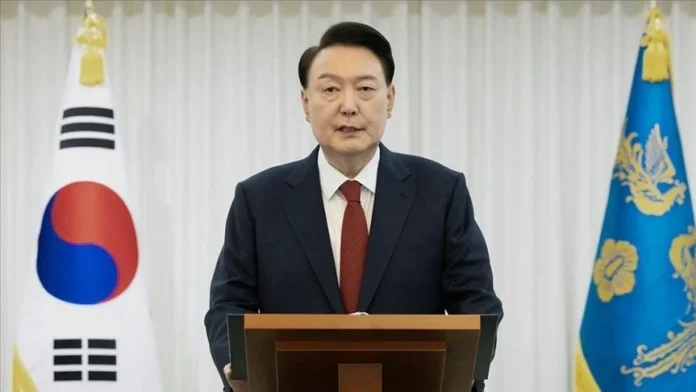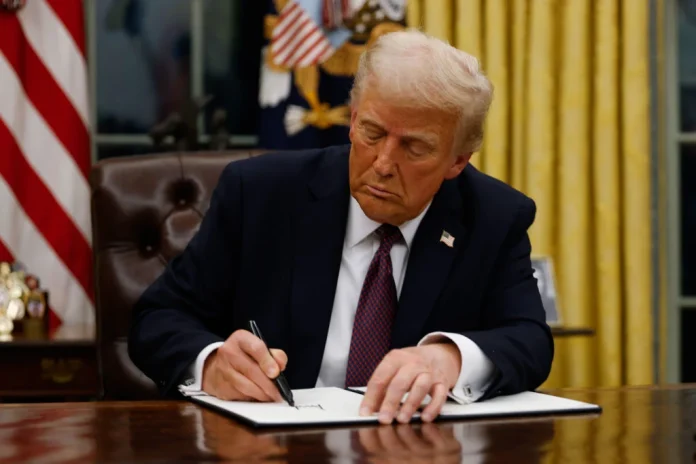In a significant legal decision, the U.S. Supreme Court has ruled in favor of the Trump administration’s authority to terminate Temporary Protected Status (TPS) for approximately 350,000 Venezuelan nationals residing in the United States. The ruling marks a critical turning point in immigration policy and has sparked renewed debate over the fate of vulnerable immigrant communities amidst changing political tides.
Temporary Protected Status is a humanitarian program established by Congress that allows foreign nationals from countries experiencing ongoing armed conflict, environmental disasters, or extraordinary conditions to live and work legally in the U.S. temporarily. The designation for Venezuelans was initially granted in response to the escalating political and economic crisis in Venezuela, including widespread shortages of food, medicine, and essential services.
The Trump administration’s decision to end TPS protections for Venezuelan nationals, first announced in 2024, was met with immediate opposition from immigrant rights groups, legal advocates, and several Democratic lawmakers. They argued that the deteriorating conditions in Venezuela warranted the continuation of protections to prevent forced returns to a country where many face persecution and hardship.
At the heart of the Supreme Court’s decision was the legal interpretation of the executive branch’s authority over TPS designations. The Court ruled that the administration acted within its statutory powers to end the status for Venezuelans, stating that the president’s determination about the country’s conditions was lawful and subject to limited judicial review. The majority opinion emphasized that immigration policy decisions are largely within the executive branch’s purview, reflecting a deference to the president’s discretion on foreign affairs and national security.
Critics of the ruling voiced concerns about the humanitarian impact of the decision. Immigrant advocacy organizations warned that hundreds of thousands of Venezuelans could face deportation to a country still grappling with political turmoil and economic collapse. Many individuals who have built lives, families, and careers in the United States under TPS protections now face an uncertain future.
One of the central arguments against the termination of TPS is the ongoing instability in Venezuela. Despite improvements in some sectors, significant challenges remain, including political repression, shortages of essential goods, and continued threats to personal safety. Advocates stress that returning Venezuelans to such conditions could violate international human rights principles and place lives at risk.
The decision also comes amid growing political polarization in the U.S. regarding immigration policy. Supporters of the Trump administration’s move argue that TPS was never intended as a pathway to permanent residency or citizenship but as a temporary humanitarian relief measure. They contend that prolonged TPS designations can create a “backdoor” to long-term residence without fulfilling immigration reform through Congress.
The Supreme Court’s ruling has broader implications for other TPS-designated populations. It underscores the precariousness of protections granted through executive action and highlights the vulnerability of immigrant communities whose status can be abruptly altered based on political changes. This uncertainty has prompted calls from some lawmakers to enact comprehensive immigration reform that provides clearer pathways to permanent status for TPS recipients.
Meanwhile, a separate but related legal issue has emerged involving Guatemalan deportees. A recent case involved a Guatemalan man who was mistakenly deported to Mexico without being given an opportunity to explain fears of persecution if returned to Guatemala. This case has drawn attention to procedural flaws in deportation processes and the need for safeguards to protect the rights of vulnerable migrants.
The Biden administration, which succeeded Trump, has faced pressure to reinstate or extend TPS for Venezuelans and other nationalities affected by the prior administration’s rollbacks. While Biden has expressed support for immigrant protections, legal and political hurdles remain, complicating efforts to reverse or modify Supreme Court decisions.
For Venezuelans currently under TPS, the Supreme Court ruling brings urgent questions about their future in the United States. Many have established deep roots, contributing economically and socially to their communities. Deportations could result in family separations, economic hardship, and exposure to dangerous conditions in Venezuela.
Immigration experts emphasize the need for a measured, humane approach that balances enforcement with protection. They advocate for legislative solutions that address the underlying issues in countries like Venezuela while providing stability for affected immigrants.
As the nation continues to grapple with complex immigration challenges, the Supreme Court’s ruling on TPS for Venezuelans serves as a stark reminder of the intersection between law, policy, and human lives. The coming months will be crucial as advocacy groups, policymakers, and affected communities navigate the evolving legal landscape and seek pathways to security and dignity for vulnerable populations.




